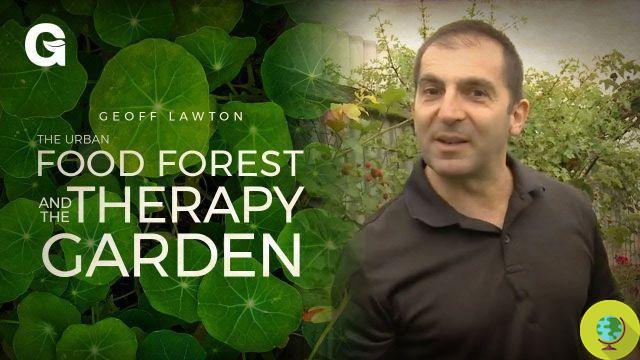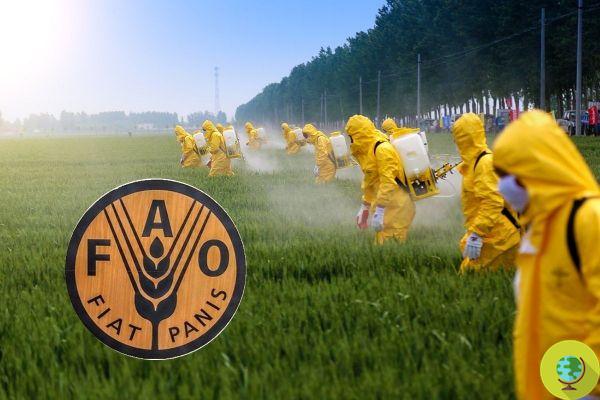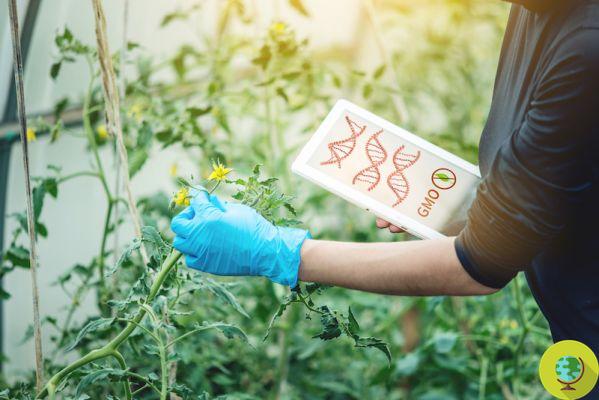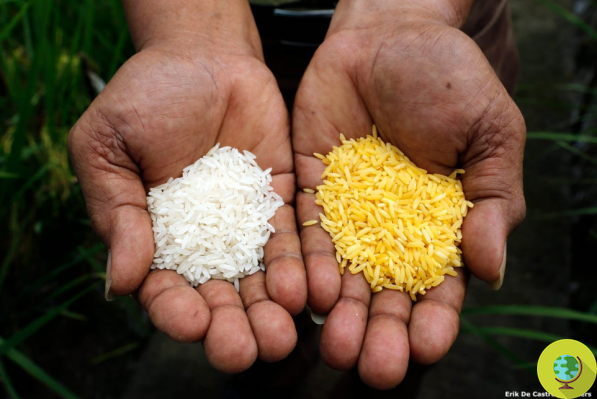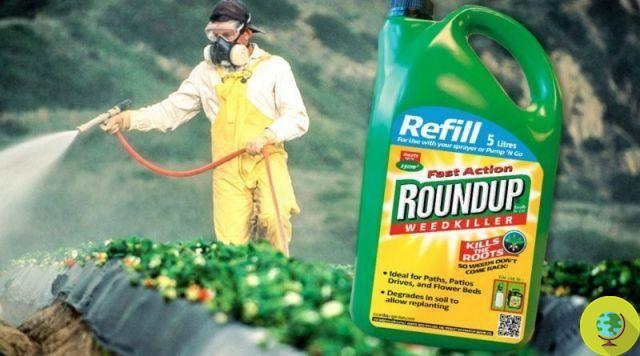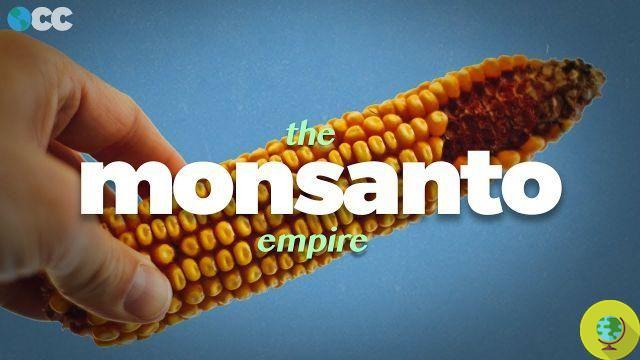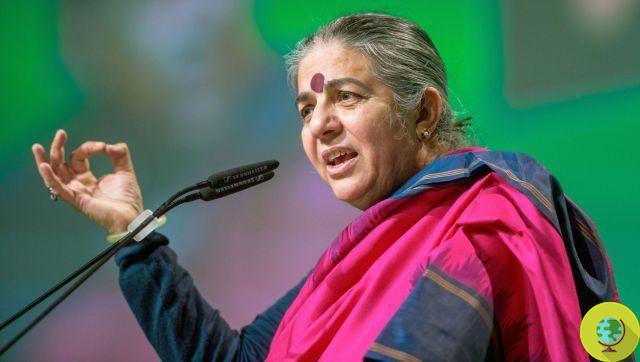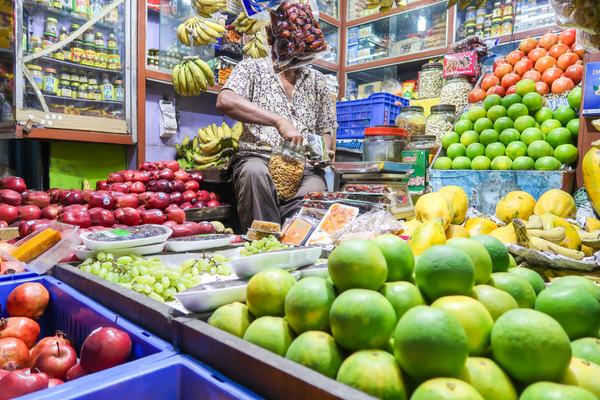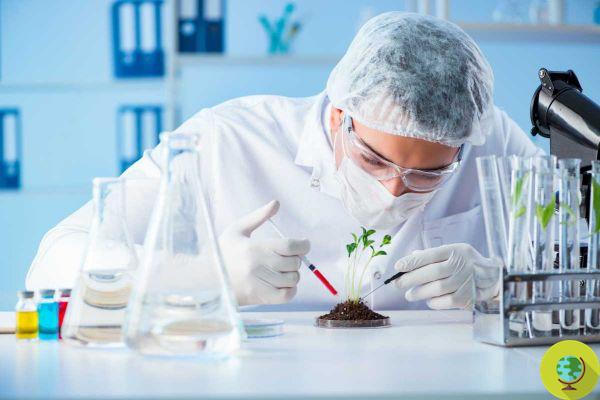
GMOs: according to the European Commission there is a need to implement "new genetic improvement techniques".
He is about to end up run over, his mother saves himThe previous legislation on GMOs is "outdated and unsuitable for recent technological developments" and for this reason it needs to be updated. The European Commission supports him, stressing the need for "new genetic improvement techniques" which, in his vision, could reduce the use of pesticides, in line with the objectives of the Green Deal and the Farm-to-Fork Strategy. A move that for some is nothing more than the opening to a "deregulation of new GMOs".
With a study on new genome modification techniques, the so-called genome editing (which allows genetic engineers to modify existing genes rather than add genes from other species), presented in recent days, in short, the European Commission has considered that the legislation current does not keep pace with technological progress.
Read also: New GMOs, towards deregulation: the European Commission gives in to pressure from biotech lobbies
“The study concludes that new genomic techniques can promote the sustainability of agricultural production, in line with the objectives of our Farm to Fork strategy,” says EU Health Commissioner Stella Kyriakides.
Today we present the results of the study on New Genomic Techniques, with concludes that they can promote sustainable agricultural production, in line with #EUFarm2Fork objectives.
Now is the time for a broad public dialogue to decide the way forward in ?? https://t.co/RcFasm9KGK
- Stella Kyriakides (@SKyriakidesEU) April 29, 2021
Ultimately, the study concludes that:
- "NGT products and their applications could provide benefits to EU society and address important challenges" including "resilience and sustainability in the agri-food system"
- To allow new GMOs to contribute to sustainability, "there should be an appropriate mechanism to evaluate their benefits"
- Current EU rules on GMOs are not fit for purpose
From this moment on, the European executive will launch a debate that will lead to a new legal framework for biotechnologies, both agricultural and medical.
It seems to us clearly in contrast with the work presented just last week by the Greens / EFA, according to which even the new techniques operate a genetic manipulation, so that even the new GMOs should fall within the current legislation on traditional GMOs, subjecting themselves to the same strict rules in authorization and labeling.
"Having new GM seeds without regulatory control, but still patented, would certainly serve that purpose," says the non-profit research group, whose stated aim is "to unmask the effects of corporate pressures on EU decision-making processes."
The biotech industry is waging a battle to exclude its new generation of genetic modification techniques from European GMO regulations, which could lead to deregulation of plants, animals and microorganisms, made using genetic techniques such as CRISPR-Cas, which a in turn, they may no longer be subject to consumer safety checks, monitoring or labeling.
The position of Slow Food
“With the Green Deal and the Farm to Fork strategy, the European Commission is committed to accelerating the transition to a truly sustainable food system. By proposing now to review the rules on GMOs, the Commission decides not to invest in agroecological systems that bring benefits to farmers, local communities and the environment ”, says Marta Messa, director of Slow Food Europe.
Once again, therefore, we see the interests of agro-industry prevail to the detriment of environmentally friendly agriculture and the freedom of small-scale farmers to decide on seeds.
In 2018, the European Court of Justice had decided that the exclusion of new GMOs from the EU directive on GMOs would in fact compromise "the protection objective pursued by the directive" without respecting the principle of precaution which it seeks to implement.
The European Commission is now dangerously contesting the ruling.
"If the new GMOs are not subjected to safety tests, there will be a gap in traceability and labeling, and this is worrying news for European citizens, who could find new GMOs on their plate without information on the label and without exercising their own the right to choose, and for farmers and breeders, for whom guaranteeing new foods without GMOs will become increasingly difficult and expensive ”, conclude from Slow Food.
Sources: European Commission / Slow Food Europe
Read also:
- The law on organic has finally been approved (and the proposal to "reopen" GMOs does not pass)
- Eating organic: the benefits backed up by scientific research
- The European Commission has authorized 5 new GMOs for food and feed
- Victory! Mexico is the first country in the Americas to ban GMO corn and glyphosate





